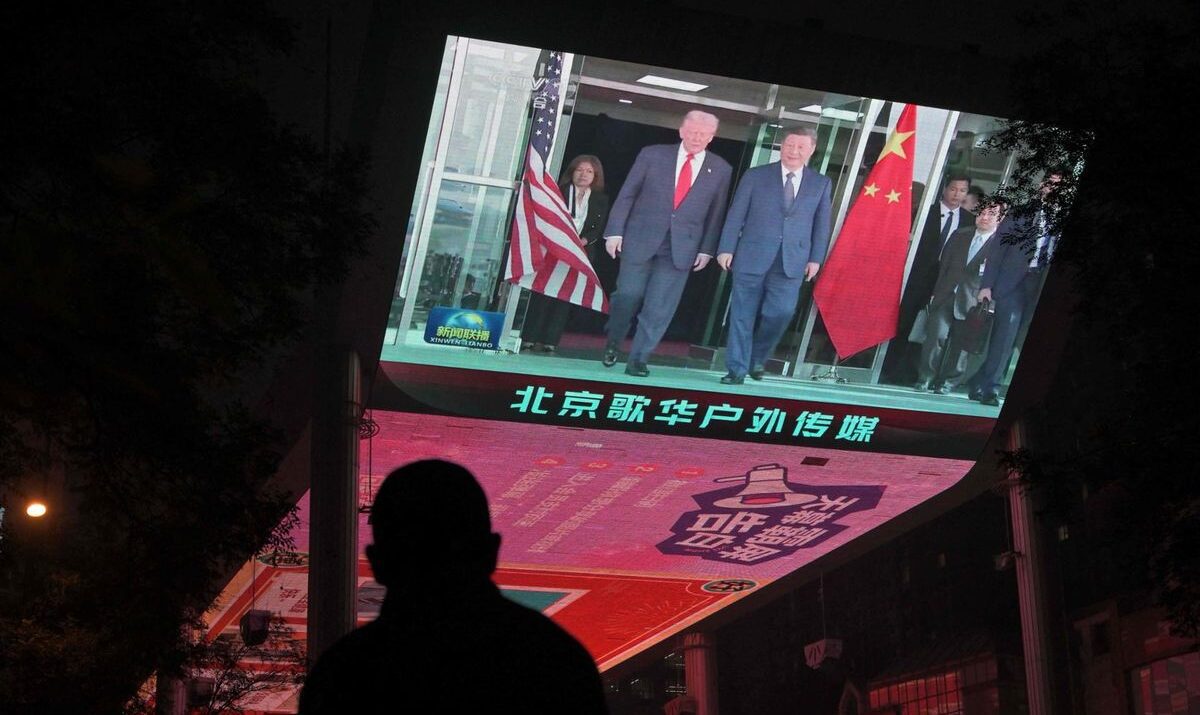China confirmed on Wednesday it will suspend for one year the 24% additional tariffs imposed on US goods earlier this year, following last week’s meeting between President Xi Jinping and Donald Trump, but will maintain a 10% levy on all US imports.
The State Council’s tariff commission also announced plans to remove duties of up to 15% on select US agricultural products starting November 10, a gesture seen as a goodwill move to ease trade tensions. Despite the relaxation, soybean buyers will still face a 13% total tariff, leaving US exports less competitive than Brazilian shipments.
Before the Trump-era trade war, soybeans were the top US export to China, worth nearly $14 billion in 2016. However, in 2024, the share of US soybeans in China’s imports dropped to 20% from 41% in 2016, according to customs data.
Traders remain skeptical that demand will recover soon. One global trading executive told Reuters:
“We don’t expect any demand from China to return to the US market with this change. Brazil is cheaper, and even non-Chinese buyers are taking Brazilian cargoes.”
Markets reacted cautiously to the announcement, viewing it as a symbolic step toward de-escalation rather than a full resolution of trade frictions.
Related: Market Wrap: Global Selloff Deepens Ahead of Tariff Court Decision










